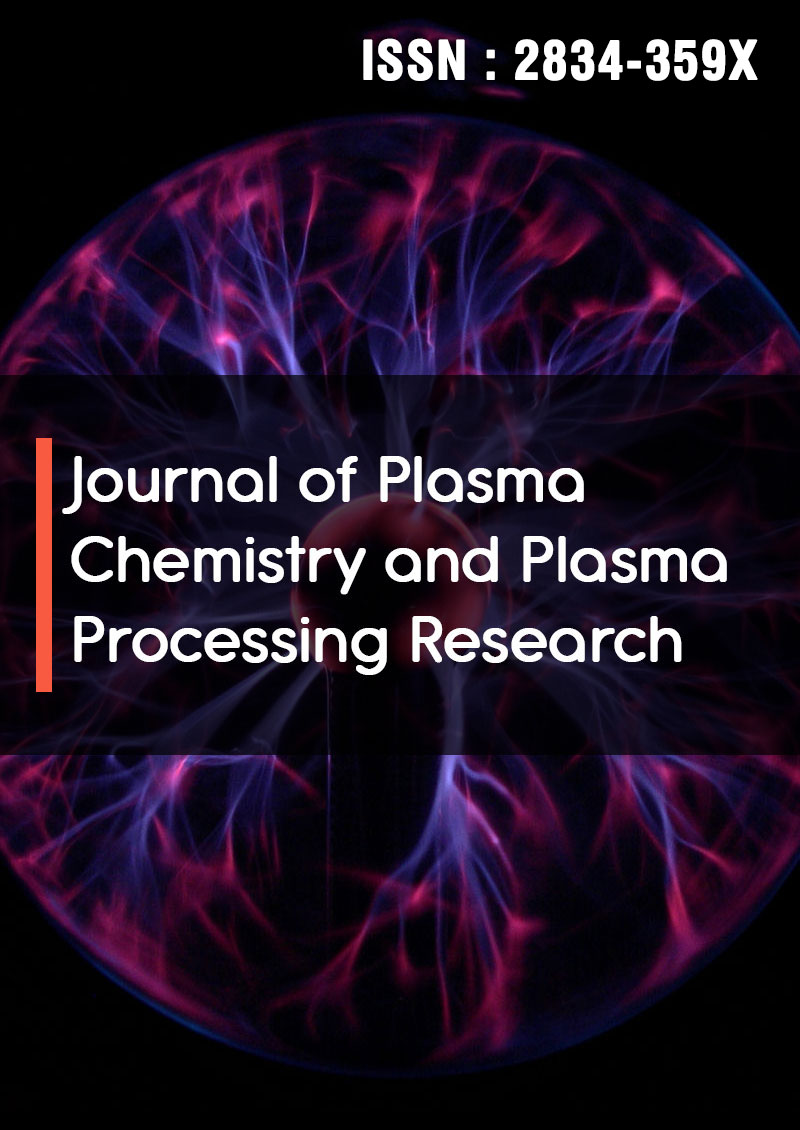Production of Industrial Applicable Enzymes from Rhizopus Oryzae through Response Surface Methodology
Abstract
Zahid Anwar, Muhammad Kashif, Muhammad Imran, Muddassar Zafar, Ishtiaque Ahmad and Rahat Naseer
The agricultural wastes are used for production of vital enzymes like cellulase, protease and lipase through Solid State Fermentation (SSF), which reveal their industrial potential aspect. This study was done to find out the ability of Rhi- zopus oryzae to produce lipase, protease and cellulase through SSF. Wheat bran showed maximum enzyme activities as related to others agricultural wastes. The enzymes showed maximum activities (21.4±0.04) (4.6±0.02 IU/mL) and (1.1 ± 0.01 IU/mL) for cellulase, lipase and protease respectively at temperature 25oC and incubation period 72 hours. Response surface methodology (RSM) used to optimize conditions likes temperature, pH, moisture contents, inoculum size and substrate concentration. RSM revealed maximum enzyme activities using 100% moisture contents, temperature 25oC, pH 5, substrate concentrations 12g and inoculum size of 6 mL. The method of ammonia sulphate precipitation used for the purification and crystallization of enzymes like lipase, protease and cellulase. The precipitation of cellu- lase, lipase and protease performed with 80%, 70 % and 90% ammonium sulphate concentrations to increase yield. The characterization of lipase, protease, cellulase revealed that it worked best below acidic conditions (pH 5) and at moderate temperature (25oC). The results revealed that the mold oryzae had potential to produce industrially important enzymes at acidic ph.




